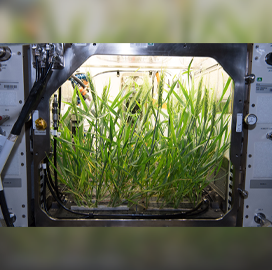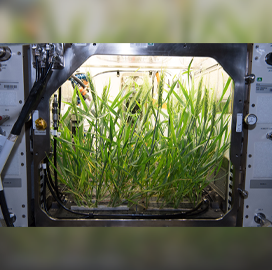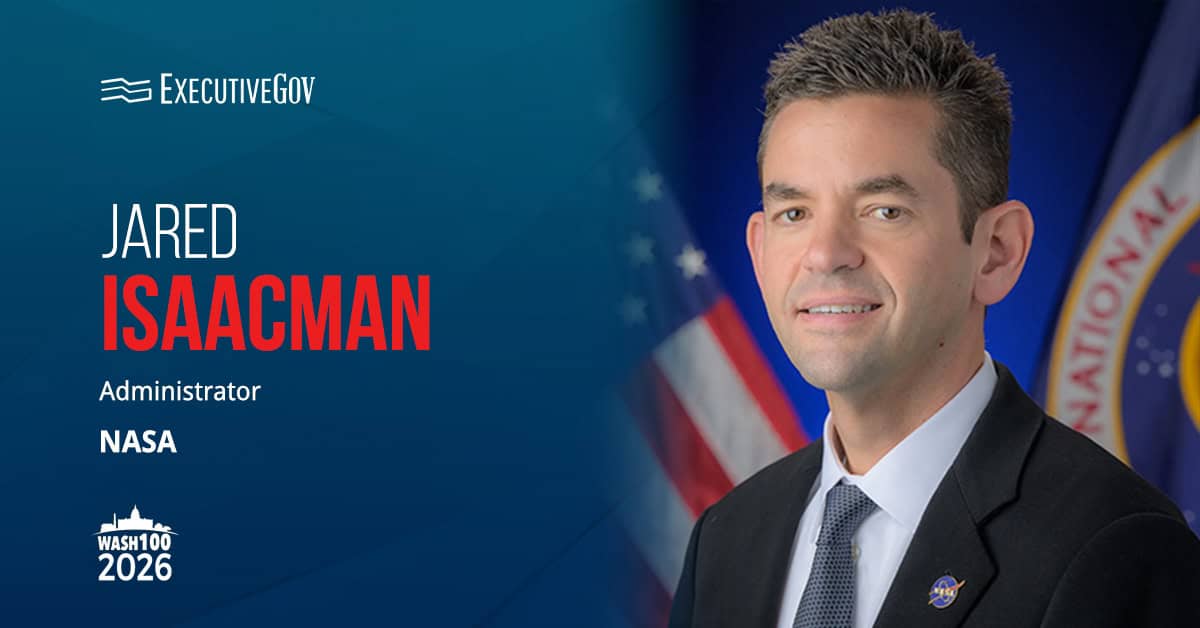
NASA tapped five scientists to build automated plant-spacing methods and optimized water and nutrient delivery technologies that will cultivate crops during spaceflight. The scientists employed approaches in engineering and space biology science to create projects that will develop, assess and validate concepts for water and nutrient delivery subsystems, the agency said Friday.
They will also explore and test methods that could modify the spacing between growing crops and allow studies within cramped areas in a spacecraft. NASA will fund the projects through cooperative agreements and will be awarded $1.1 million from fiscal years 2020 to 2021 funds upon their implementation.
Click here to view the list of selected projects.





